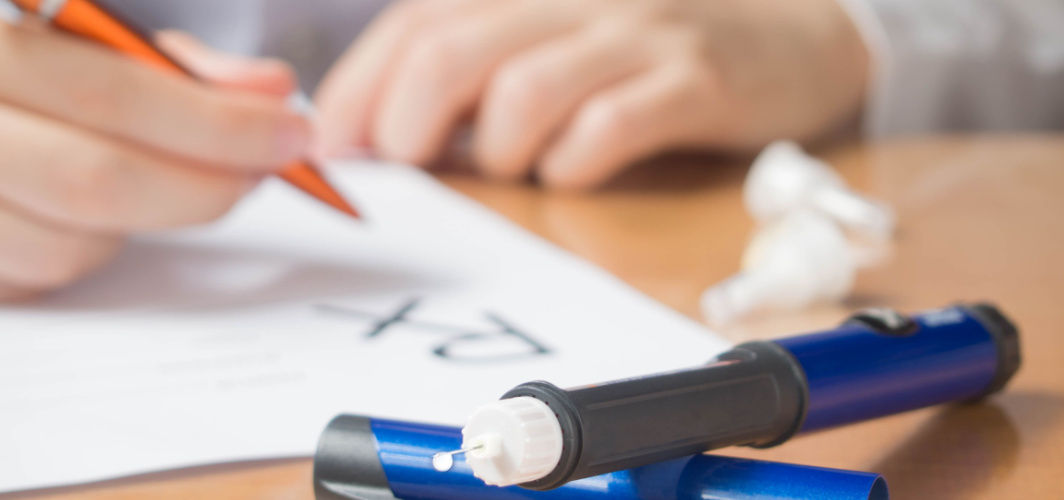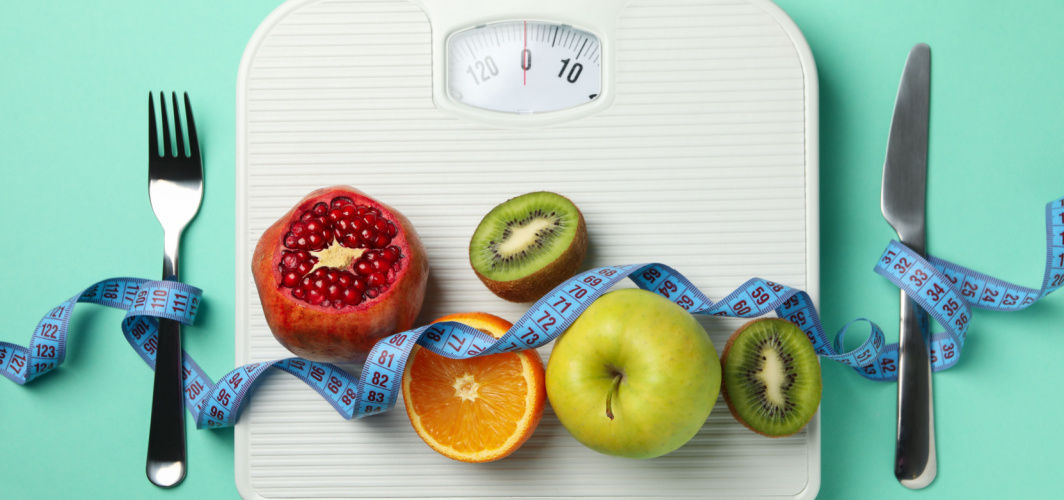Diabetes Management
Five Essential Tips for Diabetes Self-Management
2 min read
By Apollo 24|7, Published on - 05 October 2023
Share this article
0
0 like

Diabetes, a chronic condition characterised by high blood sugar levels, requires diligent self-management to maintain optimal health and prevent complications. Whether you have Type 1, Type 2, or Gestational Diabetes, here are five crucial tips to help you take control of your diabetes and lead a healthier life.
1. Regular Blood Sugar Monitoring
Frequent blood sugar monitoring is a crucial aspect of diabetes self-management. Use a glucometer to check your blood sugar levels regularly, especially before and after meals, and keep a log of your readings. Understanding how your body responds to different factors like food, exercise, and medications empowers you to make informed decisions about your diabetes care.
2. Balanced Diet and Portion Control
A balanced diet is vital for managing diabetes effectively. Focus on a diet rich in whole grains, lean proteins, fruits, vegetables, and healthy fats. Practice portion control to avoid overeating, and pay attention to carbohydrate intake, as it directly affects blood sugar levels. Consult with a registered dietitian to create a personalised meal plan that aligns with your specific dietary needs and preferences.
3. Regular Physical Activity
Exercise plays a significant role in diabetes management. Aim for at least 150 minutes of moderate-intensity aerobic activity or 75 minutes of vigorous-intensity exercise per week, along with strength training exercises on two or more days. Regular physical activity helps improve insulin sensitivity, control weight, and boost overall well-being. Consult your healthcare provider before starting any new exercise program.
4. Medication Adherence
Adhere to your treatment plan diligently if you have been prescribed medication for your diabetes management. Take medications as directed by your healthcare provider and at the recommended times. Missing doses or altering your medication regimen without consulting your doctor can lead to unstable blood sugar levels.
5. Stress Management and Self-Care
Stress can impact blood sugar levels, so it's essential to practise stress management techniques like meditation, deep breathing, yoga, or hobbies that help you relax. Prioritise self-care and ensure you get enough sleep, as quality rest contributes to better blood sugar control. Don't hesitate to seek support from healthcare professionals or mental health experts if you're struggling with stress or emotional well-being.
Conclusion
Managing diabetes effectively involves being proactive so that you can keep your condition under control.
Diabetes Management
Leave Comment
Recommended for you

Diabetes Management
Bariatric Surgery and Diabetes: Who Can Benefit?
Bariatric surgery can be beneficial for individuals with obesity and type 2 diabetes. Research suggests that this surgical intervention can lead to significant weight loss and improvement in diabetes control. Candidates for bariatric surgery typically include individuals with a body mass index (BMI) over 35 and poorly controlled blood sugar levels.

Diabetes Management
Can One Develop Diabetes at a Young Age?
Diabetes is not limited to older age, people can develop the condition at a young age too. Type 1 diabetes, often diagnosed in childhood or adolescence, is an autoimmune condition, while Type 2 diabetes, increasingly affecting young people, is often linked to obesity and lifestyle factors. Risk factors include family history, obesity, sedentary behaviour, an unhealthy diet, and hormonal changes during puberty. Prevention and management involve a healthy lifestyle, regular check-ups, family support, and education about diabetes risks. It's crucial to recognise that diabetes can affect individuals of all ages, including teenagers and even children.

Diabetes Management
Maintaining a Healthy Weight in Diabetes: All You Need to Know
Maintaining a healthy weight is vital for individuals with diabetes, offering benefits, as well as reducing the risk of complications. Two key values, BMI and waist circumference, can help you assess your weight status. While BMI categorises weight broadly, waist circumference considers belly fat, a significant factor in diabetes risk. To sustain a healthy weight, adopt a balanced diet, engage in regular physical activity, and monitor blood sugar levels. These measures promote glycemic control and overall well-being for managing diabetes effectively.
Subscribe
Sign up for our free Health Library Daily Newsletter
Get doctor-approved health tips, news, and more.
Visual Stories

8 Fruits That are Incredibly Healthy for Diabetes
Tap to continue exploring
Recommended for you

Diabetes Management
Bariatric Surgery and Diabetes: Who Can Benefit?
Bariatric surgery can be beneficial for individuals with obesity and type 2 diabetes. Research suggests that this surgical intervention can lead to significant weight loss and improvement in diabetes control. Candidates for bariatric surgery typically include individuals with a body mass index (BMI) over 35 and poorly controlled blood sugar levels.

Diabetes Management
Can One Develop Diabetes at a Young Age?
Diabetes is not limited to older age, people can develop the condition at a young age too. Type 1 diabetes, often diagnosed in childhood or adolescence, is an autoimmune condition, while Type 2 diabetes, increasingly affecting young people, is often linked to obesity and lifestyle factors. Risk factors include family history, obesity, sedentary behaviour, an unhealthy diet, and hormonal changes during puberty. Prevention and management involve a healthy lifestyle, regular check-ups, family support, and education about diabetes risks. It's crucial to recognise that diabetes can affect individuals of all ages, including teenagers and even children.

Diabetes Management
Maintaining a Healthy Weight in Diabetes: All You Need to Know
Maintaining a healthy weight is vital for individuals with diabetes, offering benefits, as well as reducing the risk of complications. Two key values, BMI and waist circumference, can help you assess your weight status. While BMI categorises weight broadly, waist circumference considers belly fat, a significant factor in diabetes risk. To sustain a healthy weight, adopt a balanced diet, engage in regular physical activity, and monitor blood sugar levels. These measures promote glycemic control and overall well-being for managing diabetes effectively.